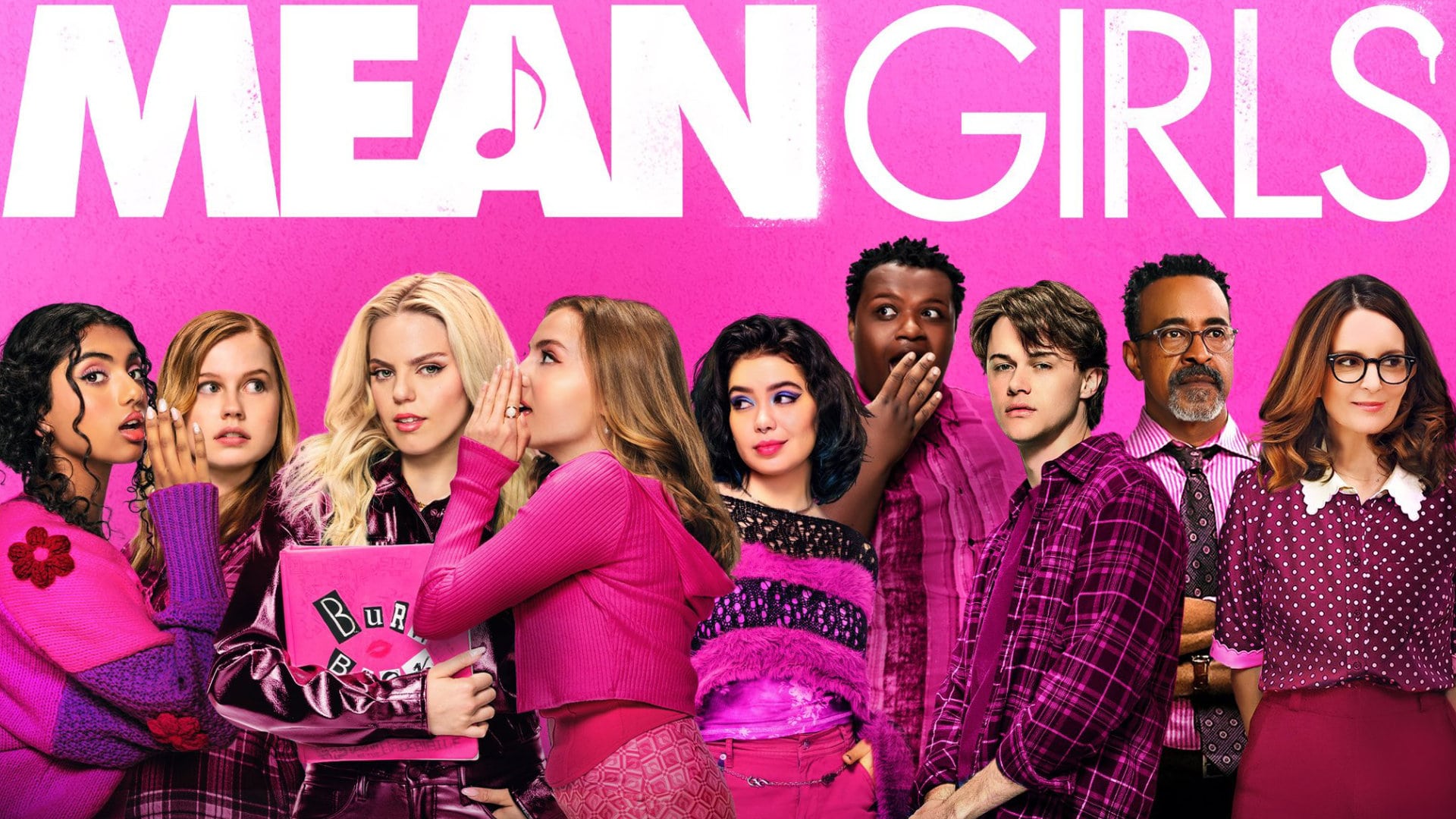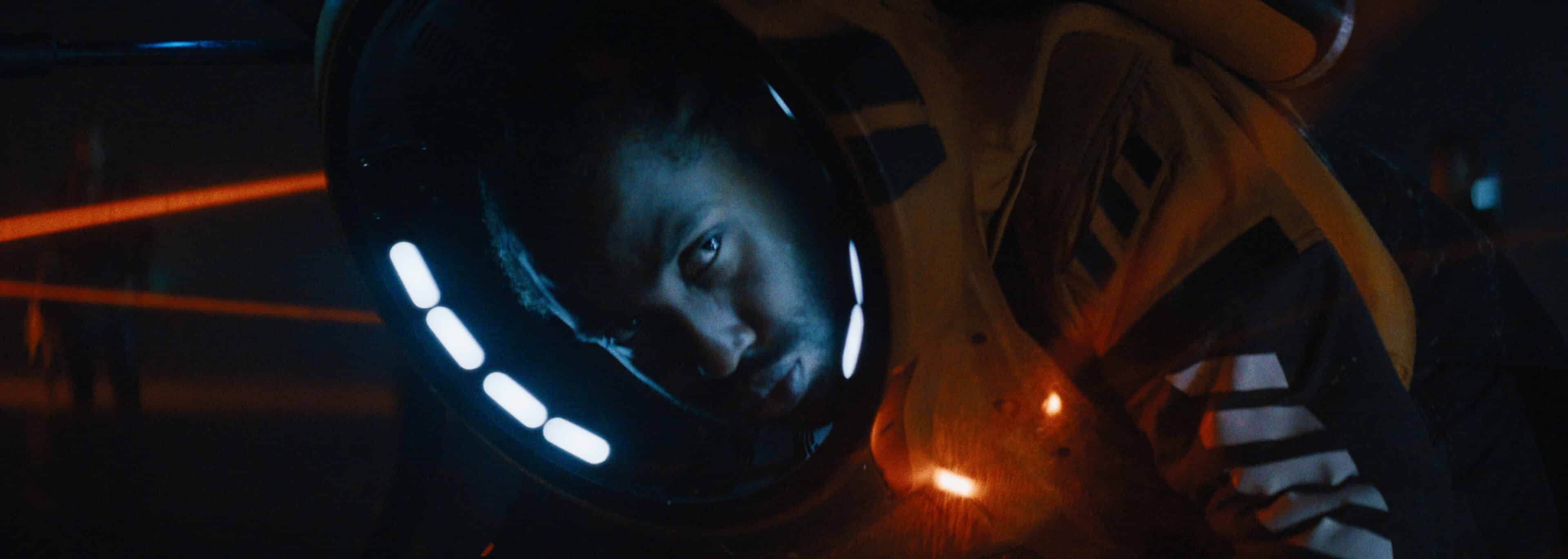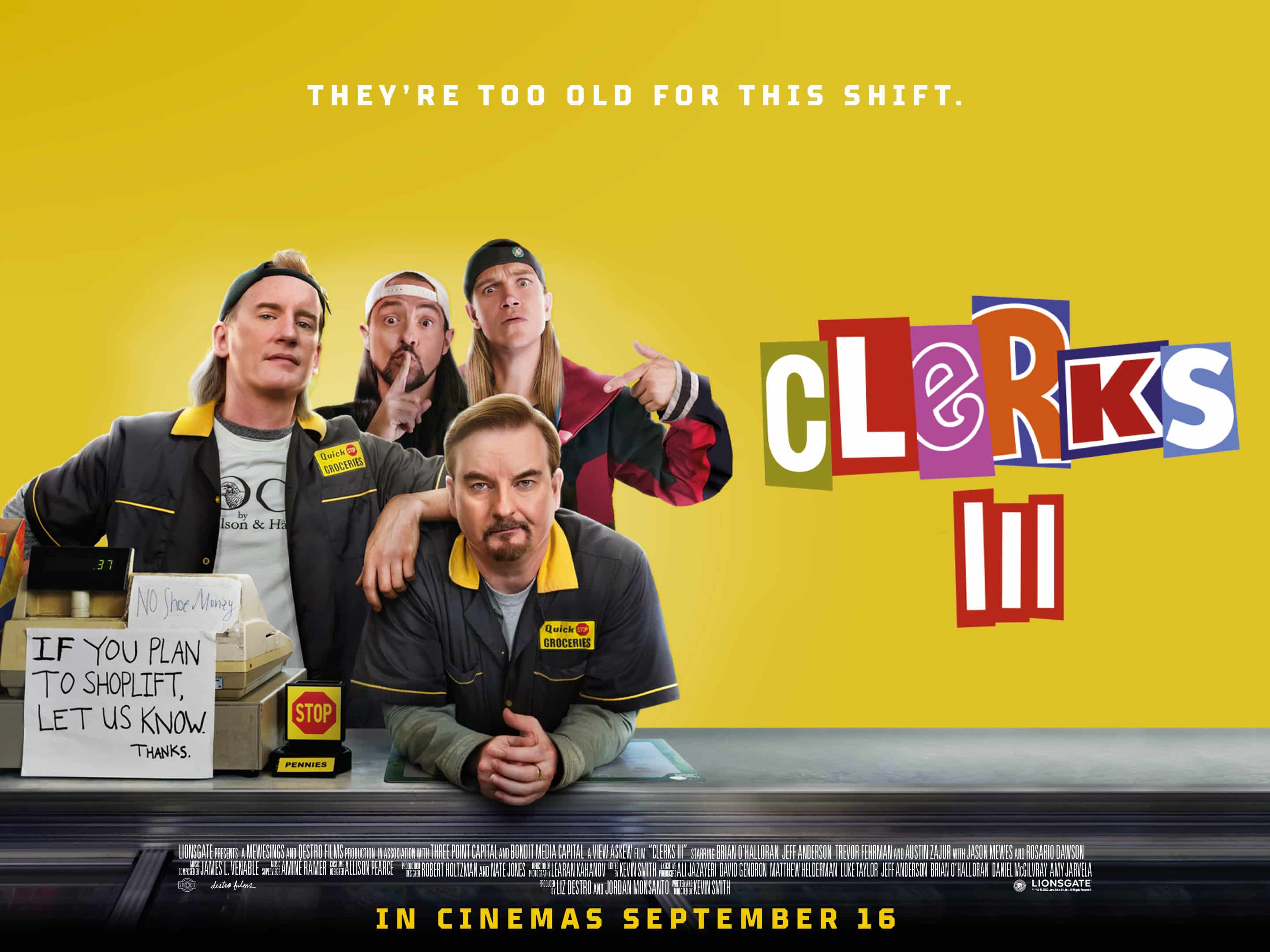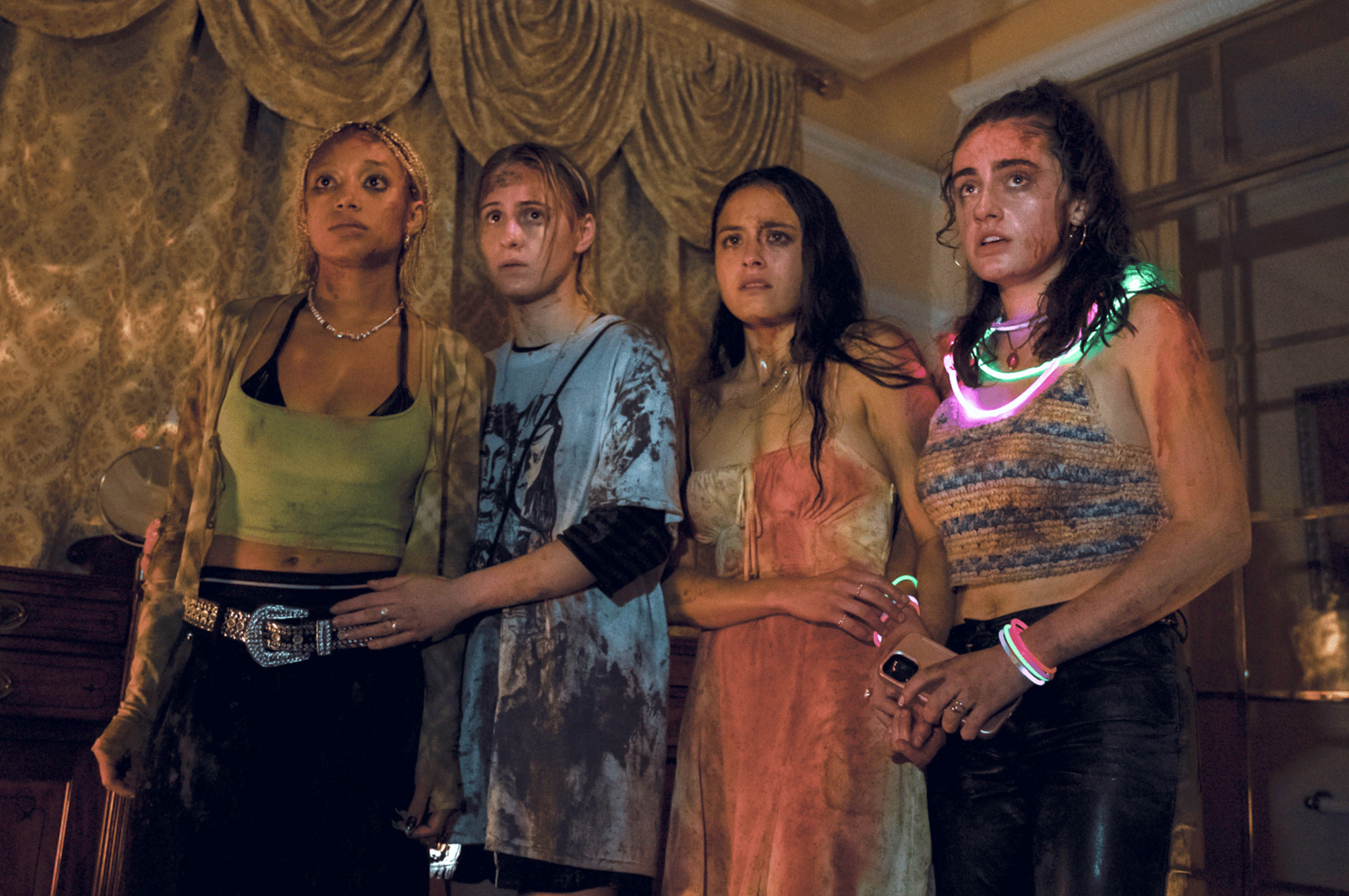The BFG interviews: Steven Spielberg, Mark Rylance, Ruby Barnhill, Rebecca Hall and Penelope Wilton sit down to talk about the new adaptation of the Roald Dahl classic.

The BFG interviews
On a beautiful sunny July day, The Hollywood News was humbled to sit down with the cast and filmmakers beind the upcoming Roald Dahl adaptation The BFG, a film that we highly recommend you catch this coming weekend, as it opens in the UK July 22nd. In attendance were a number of the cast members, including the BFG himself Mark Rylance, young Ruby Barnhill, Rebecca Hall and Penelope Wilton, alongside the film’s legendary director, Steven Spielberg.
Here are The BFG interviews.
Question: When did Roald Dahl’s book first enter your lives?
Mark Rylance: I first read it when Steven asked me to read the script, on the second or third day on Bridge of Spies. I didn’t realise he wanted me to read it because he wanted me to be in it, I thought he just wanted my opinion. I was very moved by the script and then I read the book after that.
Ruby Barnhill: All my friends had been telling me to read it for a very long time, they were saying if you like Roald Dahl you should really read it. It was only when I decided to audition, my Dad checked with me; ‘You’ve read the book right?’ and I was like ‘No’, and he was like, ‘You need to read the book!’ So that was when it first came in to my life, I read it to prepare for the audition.
Steven Spielberg: I read it to my kids. I picked it up at the bookstore. I was more familiar with Charlie and the Chocolate Factory. But it had this great illustration on the cover, just this image of this little girl and this giant, with huge ears, this looked like a nice book to buy. I had heard about it of course. I read it out loud, four or five years after it was published to my first child and I began to understand why it was so popular.

The BFG interviews
Q: Even back then, was there a little kernel in your brain that this could be a movie?
S.S: I never saw it as a movie back then, I saw it as a way to popularise myself with my family (Laughs).
Q: The original question back to you, Rebecca and Penelope.
Rebecca Hall: I read it when I was a child. It was actually one of those first novels, you know once you’re past ‘The Little Duck that Could’ or whatever, that I read to myself. So it was a very private experience, one of those books I would read after lights out under the covers of my bed.
Penelope Wilton: My daughter actually read it when she was about nine, and I’ve been reading it very recently as part of the Centenary Celebrations of Roald Dahl’s life in schools across the country.
Q: Mr. Spielberg; you’re often the man behind the camera, but as a film fan what do you enjoy most when watching a film yourself?
S.S: I love that I am able to suspend my disbelief like every other audience member, and forget what I know about how a film is made and just let the film that someone else has made wash over me, and have an impact on me. A lot of people do say to me ’How do you watch movies? Aren’t you always thinking about where the director is putting the camera, how it’s being lit, the visual effects,’ but I swear I don’t. I don’t fall back and try figure out how it was made, I do what I think a normal audience does; sit back and let the film have its way with me.

The BFG interviews
Q: We must say congratulations to Ruby on a wonderful performance. Can you just tell us what it was like to work with Steven Spielberg, and such a talented cast, and what the best piece of advice was that Steven gave you?
R.B: Thank you. It was amazing working with everybody on the set, and working with the cast. Steven is obviously such a talented director; it was such an honour to work with him. I think the best piece of advice I got from Steven was probably ‘concentration’. Not only concentration because obviously I was very excited on set, but also concentration because you have to make sure you get into the role before you start shooting. If you just jump in straight away without any preparation, you don’t have a sense of how the character is feeling. So yeah, just concentration in general and concentration on character.
Q: This is for Steven and Mark. Mr. Rylance has seemed to become your new muse. What is it about Mark that made him right for the part, and for all the other parts you have since asked him to play? And Mark, what did you think you could bring to the role, and what made you want to do it?
S.S: It is very hard to deconstruct an intuitive tickle that I get when casting. In the case of Ruby, we saw hundreds of girls, and then suddenly I got an intuitive tickle when Ruby came on the screen. Time stops and I begin to imagine I might have found her. That’s hard to deconstruct, it’s hard to pin down why. With Mark, I met Mark in the late 80’s when casting Empire of the Sun, I’ve seen him on stage, I am a huge admirer of him. I know he is a liquid actor who can fit any shaped vessel and can do practically any role. The moment I felt that he would be right for The BFG quite surprised me on set of Bridge of Spies. I just had the feeling that there was no one better in the world for the role than Mark Rylance.
M.R: I think increasingly I hope I can bring my joy of acting to the role, to not get tired, not too over critical, not too mental about things. Like little Ruby showed me, just to turn up, to commit is 99% of it, to be there physically and hopefully soulfully too. When I took the part I hoped that I could bring some of that joy, and I get that a lot with Steven. He is so well prepared, yet a lot can happen in the room whilst we’re making it. He is not a frightened director. He risks things, he encourages one. You don’t feel frightened to make a mistake in the room, and that is very helpful.
P.W: I would agree entirely with that. Steven casts you in a part and trusts you as an actor to do your job. You feel completely free and open, and therefore you do your best work. It’s when people put restrictions on you that you begin to feel smaller and more uninteresting. Steven makes you believe that you are the right person to play this role that he has given you.
S.S: Luckily I’m not an actor, and because I’m not an actor I don’t come from a place where I’m thinking I could play the role better than the person I’ve cast. I’m as much in the actor’s hands when I’m directing them as much as they feel that they are in mine. It really is a shared experience.

The BFG interviews
Q: Rebecca, what was your Steven Spielberg experience like?
S.S: We talked about movies.
R.H: That is true. I must tell you it is a real treat to be able to have a movie geek conversation with Steven Spielberg (Laughs). I had a very special time on this movie. So many of Steven’s films are so much a part of my generation’s childhood. So the combination of you and Roald Dahl really felt like a return to aspects of my childhood. There was a kind of magic, wonder and excitement around the whole job for me.
Q: If you were able to be either really tall like the BFG, or very small, which one would you rather be?
(Laughs across the panel)
S.S: That’s an amazing question.
R.B: I think I would probably be small, because then you can see so many things. If you were really big you wouldn’t be able to see things in as much detail. So I would probably be small.
M.R: I would enjoy being tall. Most of the tall people I know are very funny and gentle people.
S.S: My choice would be to be small. Sometimes if you’re smaller you might not be noticed so you can get away with a lot more. (Laughs).
R.H & P.W: I agree.
Q: Steven, you’ve had an incredible career. How proud are you of your legacy, and what do you think the key to your success has been?
S.S: I’m just proud that I have been able to stay interested in making movies all these years. I’ve met a lot of my heroes as I came up the ranks of being a director, like John Ford when I was very young. Frank Capra saw E.T. and took me to lunch because he liked the movie so much. I’ve met a lot of my heroes; David Lean, Kurosawa. I’ve seen the one thing that happens when director’s get older is they still have the passion to tell stories, but because of their age, the people who do the hiring look at you as a relic from the past. One of the reasons I founded DreamWorks back in 1994 was me saying ‘I am not going to be a relic of the past, if I have to hire myself and make my own studio to make sure I keep working then by gosh that’s what I’m going to do!’ (Laughs). So I am just very happy that I can continue to keep working. I’m in my 70th year, I feel like I should be getting tired but I don’t. I love telling stories, I love working with great actors. I tend not to look back at my legacy. I’m so busy looking forward that I rarely get a chance to look back. I know the movies I’ve made and the impact that they’ve had on people because I talk to people all around the world about some of my movies. I am really proud with how many people have grown up with a lot of these films. I tend to think if I dwell too much on that, it will make me sit down on my tush and stop working.
Q: No chance of you telling us what your favourite of your movies is?
S.S: No, no. The true answer is the clichéd answer, because cliché and truth come hand in hand. Y’know, I have 7 children; I have no favourites, they are all my favourites.

The BFG interviews
Q: With the Roald Dahl Centenary this year, one begins to wonder about the future of books. Is the panel worried about the future of books, do you worry that perhaps in 100 years’ time we won’t be remembering the authors of today?
P.W: I hope we will. When the Harry Potter books were released, children would que outside bookshops to get the latest book. Schools continue to do a lot to encourage reading, and children should be encouraged to embrace their imagination and put that into words. They say that ebooks are going out, people are going back to books now, so I think the signs are hopeful. A book is something you can have all to yourself. You can pick it up put it down, keep it by your side, and I think that’s a relationship that is very unique and will continue to have a life.
Q: Roald Dahl is obviously a genius of the literary medium, and Steven you are quite rightly hailed as a genius of the cinematic medium. I’m curious, what with decades of work behind you and hopefully many decades ahead of you, what to you is the essence of a great director? What does it mean to be a great director?
S.S: That’s a great question. If I really knew the answer to that question, a lot of new directors would be able to get jobs tomorrow (Laughs). I can only speak for myself. I’m a very conservative director. I have a lot of ambition about my predecessors, all the geniuses that all of us, whether we know it or not, we are learning from, and from whose shoulders we stand. I do a lot of looking back to understand what makes a good story, the way Hollywood used to make movies, starting with silent movies, when subtitles were used from time to time, when visual effects were just explosives, where you were led to an emotional reaction and a huge climatic ending without any words at all. Then you move to when films first found their voice, when they all sounded like plays, until Howard Hawks decided that everybody could talk faster, throw in a couple of fantastic visuals, start using composition. So, my whole love for this medium comes from paying attention to the past, and from respecting the movies that have been made over all these years. That’s what I say to Film Students when they ask ‘How do I get a job?’ I say it is easy to get a job if you write, because if they buy your script you can demand to direct it, or you can just take your device and go out and make a movie. Anybody can do that today. But I also say, you need to look at the old films. I used to have to pay my kids $10 to watch old movies with me (Laughs). You can learn a lot from movies made 70-80 years ago.

The BFG interviews
Q: You’ve been making films for more than 40 years, what to you has been the biggest change in how films are made?
S.S: I think the biggest change in to how films are made today is before the digital revolution, you needed to use your imagination to be able to craft an illusion that the audience would accept as real. Even with a movie like the original George Pal War of the Worlds, where you can clearly see all the wires on the UFO’s, the audience were able to see the wires but were also able to see beyond the wires and buy in to the illusion and they would be terrified at the image of Aliens attacking America in the early 50’s. With the digital revolution of today, there is no limit to anyone’s imagination. You can literally put anything up on the screen, whereas before you had to use a lot more imagination think how to craft that illusion. Illusion is gone, we no longer have to use practical magic to make you believe something is real, because through digital effects it is real, it is photo real. Hopefully the success of The BFG for me is measured not just by the amount of heart that is expressed by these two characters and their relationship, but also by the fact that hopefully 10-15 minutes in to the movie, you forget that there are any visual effects at all. If the movie is working, you forget that we used special effects to make Mark 25 feet tall, and to keep Ruby in scenes with him in her 4 foot range. So, that’s the biggest change that I think has happened, and there are pluses and minuses to that too.
The BFG is released nationwide Friday July 22nd. Read our review over here.

Latest Posts
-


Streaming
/ 9 hours agoFull trailer for season two of ‘1923’
The full trailer for the second season of Yellowstone spin-off/ sequel 1923 has been...
By Paul Heath -


Film Trailers
/ 10 hours agoWatch the trailer for the supernatural chiller ‘MOM’ with Emily Hampshire
Check out this trailer for the upcoming supernatural horror movie MOM which stars Emily...
By Paul Heath -


Film Trailers
/ 14 hours agoTrailer: Prime Video’s ‘This is the Tom Green Documentary’
Prime Video has released the trailer for their upcoming doc This is the Tom...
By Paul Heath -


Film Trailers
/ 14 hours agoTakeshi Kitano’s new film ‘Broken Rage’ has a trailer
Takeshi Kitano has a new movie coming out on Prime Video soon. The film...
By Paul Heath











